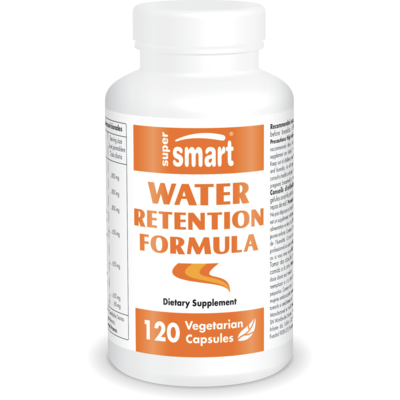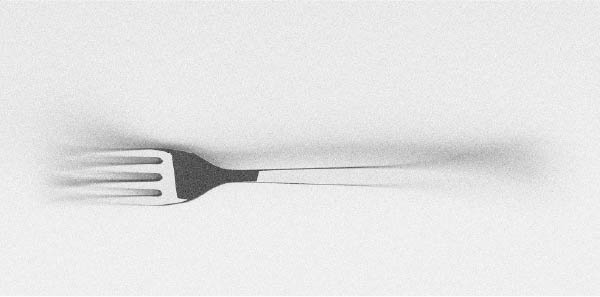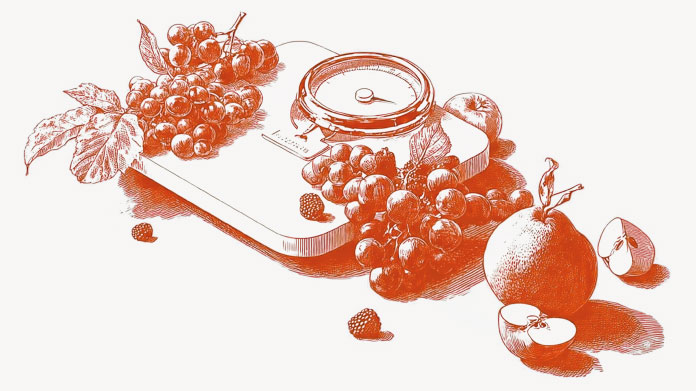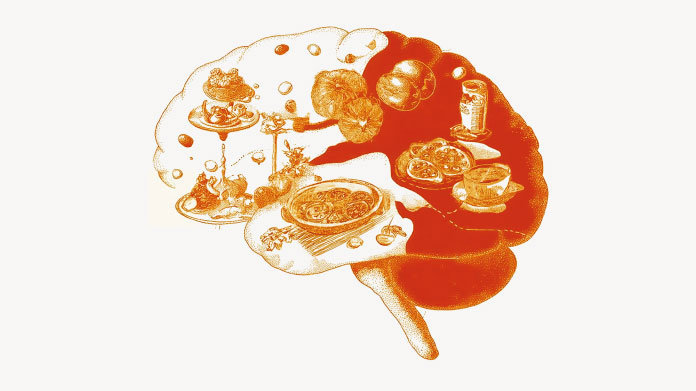How to reduce water retention in the stomach
Water retention is a common problem characterised by excessive fluid accumulation in tissues. Here we explore how to reduce water retention in the stomach.
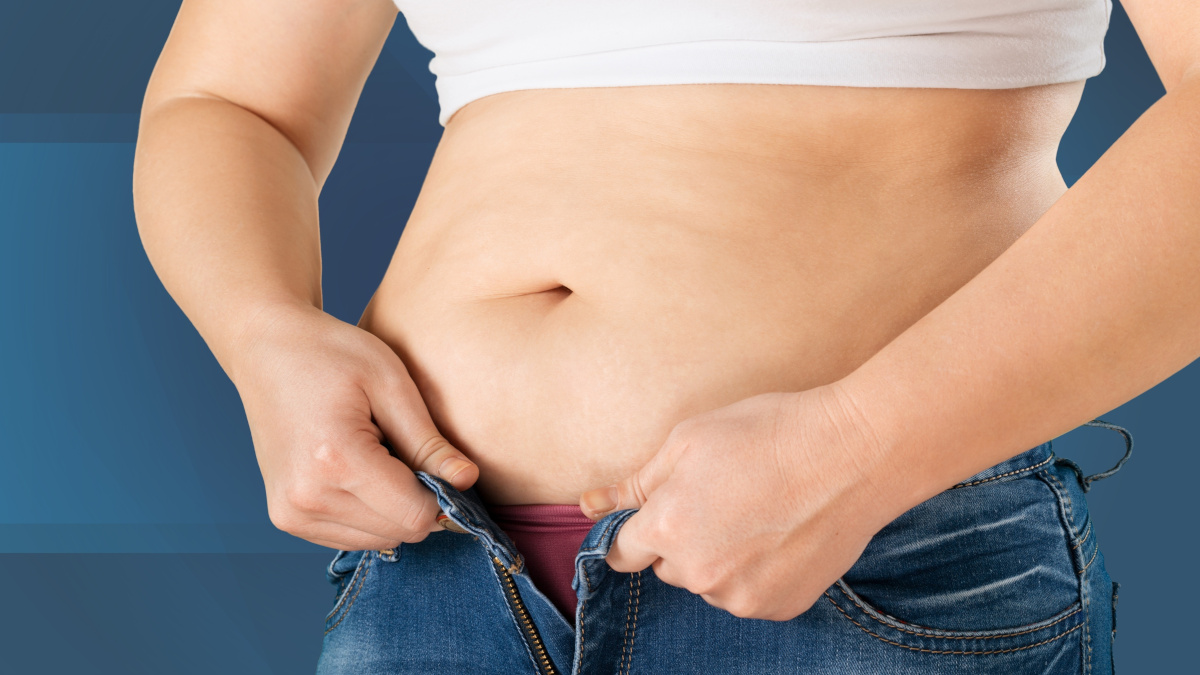
Edema and water retention
More commonly referred to as water retention, edema is swelling of the soft tissue due to an increase in interstitial fluid.
While this fluid usually and predominantly consists of water, it may also contain protein as well as other cell-rich fluids, especially in the case of lymphatic obstruction.
Water retention in the stomach: symptoms and causes
Water retention occurs mainly in the lower body. It’s a problem familiar to many women: heavy legs, swollen feet and ankles , etc.
Water retention in the abdomen is often characterized by swelling or bloating of the abdomen, sometimes accompanied by rapid weight gain, a feeling of heaviness, and tight or shiny skin on the abdomen.
The common causes of this retention include:
- Hormonal imbalances, especially in women during their menstrual cycle, pregnancy, or menopause;
- A diet too high in sodium;
- Excessive consumption of alcohol affecting the liver;
- Renal, cardiac, or hepatic disorders;
- Or certain medications (corticosteroids, antihypertensive drugs, etc.)
Please note that ascites specifically refers to the accumulation of fluid in the peritoneal cavity. It is often linked to severe liver problems.
In case of persistent abdominal swelling or other worrying symptoms, it is crucial to consult a doctor for an accurate diagnosis and appropriate treatment (1-3).
Ways of reducing water retention in the stomach
Diet and water retention
Those whose water retention is related to sodium retention may benefit from following a salt-free or low-salt diet. Occasionally, doctors may prescribe a diet with potassium salt as a substitute for sodium (4).
Naturally, it’s also important in the case of abdominal water retention to stop drinking alcohol, to allow the liver to regenerate.
In addition, certain foods and drinks such as celery (5), cucumber and green tea are known traditionally for their diuretic properties and may help eliminate excess fluid.
Exercise and water retention
Regular exercise stimulates the circulatory and lymphatic systems, thus helping to reduce water retention. Activities such as walking, swimming and yoga may all be beneficial.
A sedentary lifestyle makes the cardiovascular system weaker and promotes weight gain, creating a vicious circle. Even 30 minutes of light exercise a day can be enough to produce a rapid decrease in water retention.
Stress management
Chronic stress can affect hormone levels and promote water retention. Stress management techniques, such as meditation and yoga, can help reduce the symptoms of water retention.
Drug treatments
In some cases, when the water retention is severe or related to an underlying medical condition, diuretic medication may be prescribed. It’s important to consult a health professional before taking drugs for water retention as they can have side effects.
Natural and traditional home remedies
There are natural methods that may help reduce water retention in the stomach. The most popular home remedies include drinking cranberry juice (6), or infusions of dandelion or artichoke leaves and applying cold water compresses to the abdominal area.
Caraway, meadowsweet, prickly pear, grape, fennel, dandelion, etc.: traditional pharmacopoeia across the world contain many medicinal plants which are now widely used by naturopaths and recognized by conventional medicine.
For example, troxerutin, a flavonoid extracted from sophora Japonica, is a recognized venotonic and vascular protector used in the manufacture of a number of drugs prescribed for veno-lymphatic problems (7).
Several clinical studies suggest that betalains, pigments found in prickly pear, increase diuresis (the amount of urine excreted in a given time) and reduce water retention concerns in the legs (8).
Caraway, dandelion, meadowsweet, etc. have long been recognized as natural diuretics, promoting a reduction in edema. Many of the compounds mentioned here can be found in targeted synergistic formulations (such as Water Retention Formula).
Hormone-related water retention in men
Though water retention is often associated with women, men can also suffer from it. Hormone imbalances, such as those related to testosterone or thyroid, can contribute to water retention in men. The same methods of reducing water retention mentioned above are equally applicable, including adopting a healthier lifestyle and improving stress management.
Water retention, whether in the stomach or any other part of the body, is often a sign of an underlying disease. Therefore, if the problem persists after trying natural methods and targeted supplements, you should consult a health professional to obtain a diagnosis.
SuperSmart ADVICE
References
- EDWARDS, Sharon. The formation of oedema. Part 1: Pathophysiology, causes and types. Professional Nurse (London, England), 2003, vol. 19, no 1, p. 29-31.
- REYNOLDS, Telfer B. Ascites. Clinics in liver disease, 2000, vol. 4, no 1, p. 151-168.
- GINÈS, Pere, CÁRDENAS, Andrés, ARROYO, Vicente, et al.Management of cirrhosis and ascites. New England Journal of Medicine, 2004, vol. 350, no 16, p. 1646-1654.
- MOORE, Kevin P., WONG, Florence, GINES, Pere, et al.The management of ascites in cirrhosis: report on the consensus conference of the International Ascites Club. Hepatology, 2003, vol. 38, no 1, p. 258-266.
- LEWIS, David A., THARIB, Saleh M., et VEITCH, G. Bryan A. The anti-inflammatory activity of celery Apium graveolens L.(Fam. Umbelliferae). International Journal of Crude Drug Research, 1985, vol. 23, no 1, p. 27-32.
- SUJANA, K., SAI TEJASWINI, K., et SRILAKSHMI, S. Cranberry fruit: An update review. International Journal of Herbal Medicine, 2016, vol. 4, no 3, p. 5-8.
- SCHULLER‐PETROVIC, Sanja, WOLZT, Michael, BÖHLER, Kornelia, et al.Studies on the effect of short‐term oral dihydroergotamine and troxerutin in patients with varicose veins. Clinical Pharmacology & Therapeutics, 1994, vol. 56, no 4, p. 452-459.
- CHEOK, Alex, GEORGE, Trevor W., RODRIGUEZ-MATEOS, Ana, et al.The effects of betalain-rich cacti (dragon fruit and cactus pear) on endothelial and vascular function: A systematic review of animal and human studies. Food & function, 2020, vol. 11, no 8, p. 6807-6817.
Keywords
2 Days
great products and prices
great products and prices
Marie
7 Days
Easy to navigate site
Easy to navigate site, had what I was searching for, good price. easy order-check out
James Tucker
14 Days
My skin is clearing up nicely!
Pretty good for my skin so far.
Christian
16 Days
The new packaging is excellent
The new packaging is excellent - finally! No more squashed boxes and torn envelopes.
GORAN
17 Days
Great Product
Great Product
Larry Garrett
21 Days
Quick shipping
Quick shipping; good price. No issues!
Mary McCarty
22 Days
Thr product is very good and is helping…
Thr product is very good and is helping me on my health. Then is always on time
LUGO Luz
25 Days
Buying was fine
Buying was fine. I had problems with the website not recognizing my login info, and had to call to get it fixed. Other than that, everything was good.
David S. Clark
25 Days
Your super maca and super ginseng are…phenomenal
Your super maca and super ginseng are phenomenal supplements that compliment each other when taking them together. Fantastic feeling of well-being and lots of mid day energy without the crash.
Keith Mason
28 Days
I have had amazing results with every…
I have had amazing results with every supplement I've purchased. I am extremely satisfied with this company
kirstin Torres
28 Days
Fine products
Fine products . They are on the leading edge of online supplements. The only issue -so far-is they sometime run out of subscription items.
Jason Argos
31 Days
The ordering process is very user…
The ordering process is very user friendly and the products always come in a timely manner.
CARTER Rhonda
32 Days
The price for Dr
The price for Dr. Pero's AC-11 is reasonable and in line with his views. (my former colleague). Keep it pure.
CAMPBELL Clayton
35 Days
Right on every time.
Right on every time.
Arthur Nicholas
37 Days
They are cheaper than everyone else and…
They are cheaper than everyone else and the shipping was fast. Great company.
Patricia Adams


